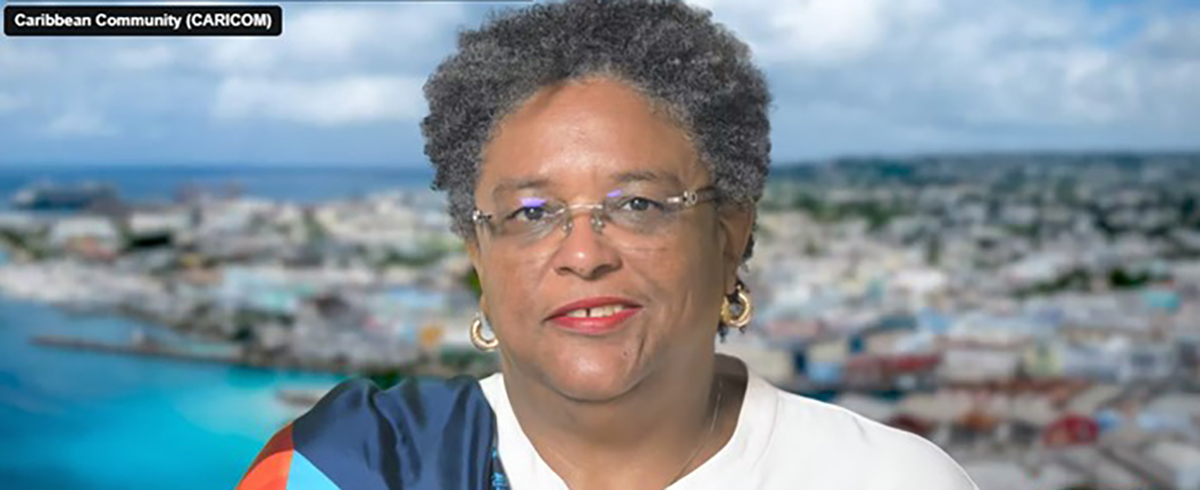
On January 1, 2025, during a pivotal address, Mia Mottley, the Prime Minister of Barbados, underscored the importance of 'unity' and 'resilience' for the future of the Caribbean Community (CARICOM). She highlighted the profound impacts of COVID-19 and climate change on the region, emphasizing that these challenges necessitate a collective response from CARICOM member states [15409f8e].
Mottley called for the full implementation of the CARICOM Single Market and Economy (CSME), which she believes is essential for fostering regional unity and development. She pointed out that strengthening economic ties among member states is crucial for overcoming the adversities posed by global crises [15409f8e]. Furthermore, she advocated for reforms in the global financial system to better support Small Island Developing States (SIDS), which are often disproportionately affected by economic downturns and climate-related disasters [15409f8e].
In her address, Mottley also urged the adoption of the Multidimensional Vulnerability Index (MVI) as a tool to secure necessary resources for vulnerable nations. This index would help in identifying the unique challenges faced by these countries, allowing for more targeted and effective support [15409f8e].
Additionally, she addressed the George-Bridge Declaration, which frames crime as a public health issue, advocating for a holistic approach to safety and security in the region [15409f8e]. Mottley welcomed the start of the second decade for people of African descent, calling for reparatory justice and recognition of historical injustices [15409f8e].
She also encouraged the Caribbean to embrace digital innovation and green energy, identifying the creative industry as a key asset for economic growth and cultural expression. Mottley concluded her address by urging collective action among Caribbean nations to build a resilient and united future [15409f8e].